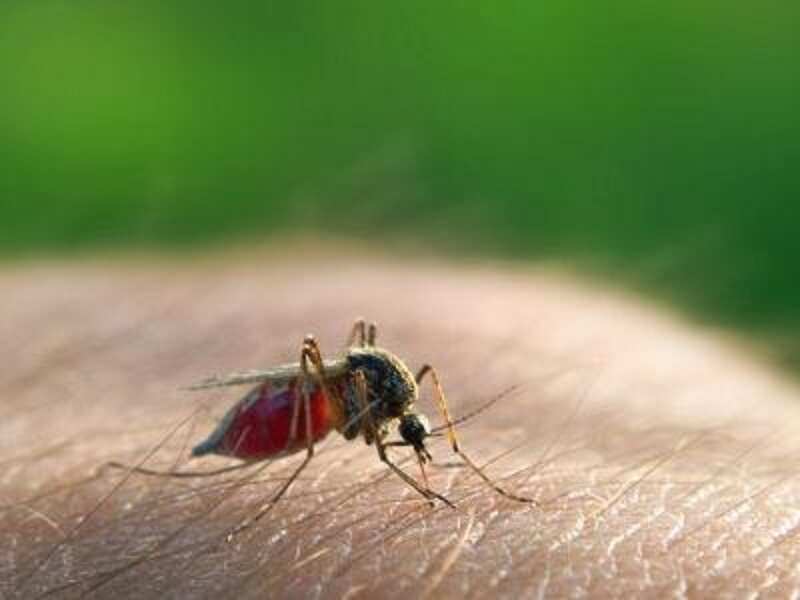- Industry
- 2 min read
After dengue, swine flu cases rise, health department issues advisory to detect symptoms, prevent spread
The health department is on its toes conducting health camps and awareness drives about these diseases. Last year, Meerut had recorded 500 dengue cases.
“As many as 30 dengue cases and six cases of swine flu have been confirmed in Meerut so far. These cases are from Sardhana, Tarapuri, Incholi village, Medical College campus and other parts. Blood samples of people living in these areas, where patients have been diagnosed as suffering from dengue, have been taken. Also, camps have been set up in these places to spread awareness about the disease,” said Dr Raj Kumar Chaudhary, Meerut chief medical officer (CMO).
Apart from awareness campaigns by health department officials and blood tests of people suspected to be suffering from dengue, district malaria officials are conducting anti-larvae drives, spraying various localities and conducting checks to find larvae of the mosquito in stagnant water in both urban and rural areas to prevent mosquitoes from breeding. More than 210 notices have already been issued to establishments for allowing water to collect and stagnate in their premises.
Dengue is a vector-borne disease. Person suffering from dengue have sudden high fever, severe headaches, bodyaches and complain of fatigue, nausea and vomiting. Sometimes skin rashes also appear and mild bleeding of gums can also happen.
Swine flu is caused by H1N1 virus. When people who have it cough or sneeze, they spray tiny drops of the virus into the air. If one comes in contact with these drops or touches any surface where the drops land or touch something an infected person has recently touched, one can catch swine flu.
“Swine Flu patients generally show symptoms of mild fever, cough, bodyache, headache, diarrheoa and breathing issues. The people in the high risk category of the disease are either below five years old or above 65 years, pregnant women, patients with kidney problems, heart or lung disease,” read the health advisory issued by the health department.
“We are conducting regular anti-larvae sprays in urban as well as rural areas. Instructions are being given to ensure that water is not stored anywhere in the open or it will invite mosquito breeding. Also, in cases where larvae are found, the water is drained and notice served on the establishment in question, irrespective of the fact whether it is a government or private one,” said Yogesh Saraswat, Meerut district malaria officer.



COMMENTS
All Comments
By commenting, you agree to the Prohibited Content Policy
PostBy commenting, you agree to the Prohibited Content Policy
PostFind this Comment Offensive?
Choose your reason below and click on the submit button. This will alert our moderators to take actions